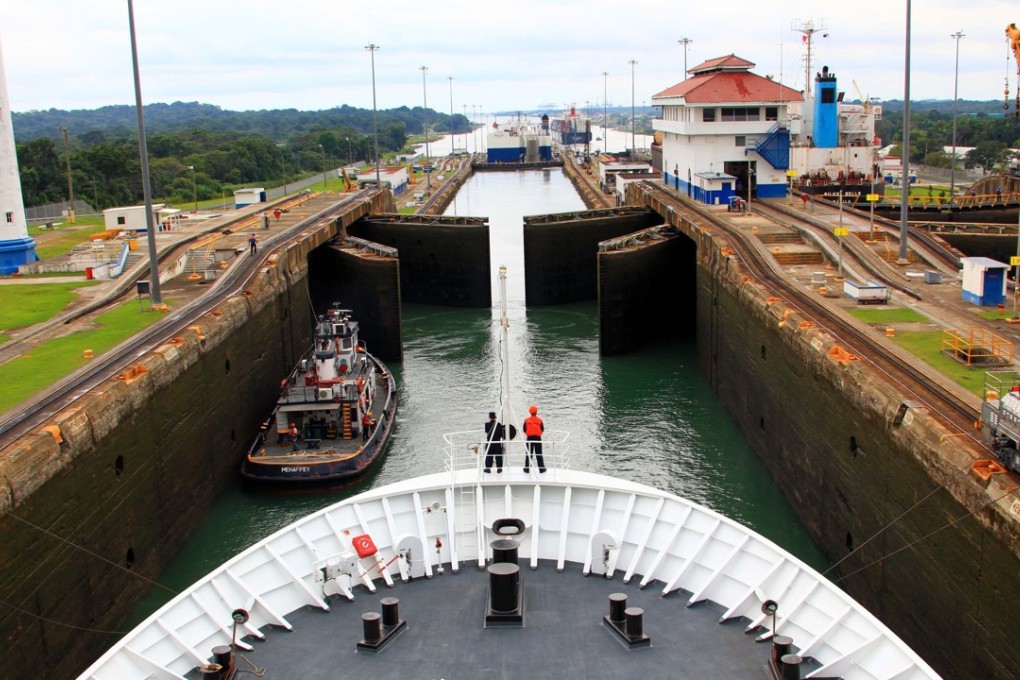China’s diplomatic links with Panama likely to drive major economic benefits
Closer ties mean Chinese firms now clear front-runners for development contracts around Panama Canal

Panama’s diplomatic shift from Taipei to Beijing could mean that what China scored was not just a diplomatic victory, but also a major advance in economic interest in the region, according to analysts.
The Central American nation on Monday announced that it has switched formal diplomatic ties to mainland China and broken with Taipei.
It is the third country to sever ties with Taiwan since the island’s president Tsai Ing-wen was elected last year.
But Panama’s decision in particular is a serious blow to Taiwan, which is not only facing increased diplomatic isolation, but also a significant threat to one of its pillar industries: shipping.
Both Chinese and American analysts believe that China’s newly established ties with Panama could provide Beijing with an edge as it seeks to expand its influence over the historically US-controlled Panama Canal.